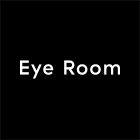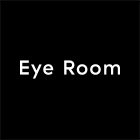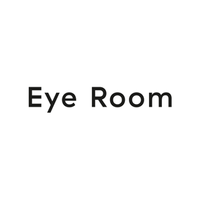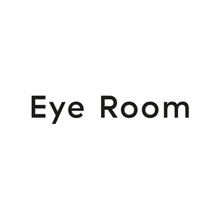Winter is a challenging season for glasses wearers. As temperatures drop and the weather becomes more unpredictable, those who rely on glasses to see clearly can face a myriad of issues that simply aren't present during warmer months.
Taking care of your eye glasses during winter is essential not only to maintain your vision clarity and ensure the longevity of your glasses but also to protect your eye health. We'll explore these challenges and provide practical tips on how to keep your glasses in top condition and your vision clear throughout the winter season.
The Effects of Cold Weather on Eyeglasses
Cold weather can pose several challenges for glasses wearers. One of the most noticeable effects is fogging. This occurs when you transition from a chilly outdoor environment to a warm indoor one. The sudden change in temperature causes condensation to form on your lenses, resulting in a foggy layer that obscures your vision. This is more than just an annoyance—it can also be a safety hazard if you're driving or navigating slippery surfaces.
In addition to fogging, cold weather can also have a detrimental impact on the physical integrity of your eyeglasses. Cold temperatures can cause the material of your glasses frames to become more brittle, increasing the risk of damage or breakage.
Moreover, harsh winter conditions such as wind, sleet, and snow can dirty your lenses quickly. Frequent cleaning is required to keep your vision clear, but it's important to use appropriate cleaning methods to avoid scratching or damaging the lenses.
In short, the cold weather can significantly affect both the performance and lifespan of your eyeglasses. Therefore, taking extra steps to care for your glasses during winter is crucial to maintaining clear vision and protecting your investment.
Essential Winter Eye Care Tips for Glasses Wearers
Winter can be a tough season for glasses wearers, but with some practical tips and a little extra care, you can keep your vision clear and your glasses in top condition.
Preventing Fogging
One of the most common winter frustrations is glasses fogging up when moving from cold outdoors to warm indoors. To prevent this keep your glasses in a warmer part of your body before entering a heated room. For instance, tuck them inside your coat just before you go inside to slowly adjust their temperature and reduce the chance of fogging.
Cleaning and Maintenance
Regular cleaning is essential to maintain clear vision, especially in winter when your glasses can easily become smudged or dirty. Use a microfibre cloth and a gentle lens cleaner to clean your glasses. Avoid using harsh chemicals, as they can damage the lens coating. Also, remember to clean the nose pads and the area behind your ears, as these can collect dirt and oils over time.
Protecting Your Glasses from Extreme Cold
Extreme cold can cause your glasses frames to become more brittle and prone to breakage. To prevent damage, especially to designer glasses, it's advisable to use a protective case when you're not wearing them. Also, try to avoid sudden temperature changes. For instance, don't leave your glasses in a cold car overnight, as the sudden warmth when you put them on could cause them to crack.
Dealing with Snow and Rain
Snow and rain can quickly make a mess of your glasses. When drying your glasses, avoid using paper products like tissues or napkins as they can scratch your lenses. Instead, use a clean, soft microfibre cloth.
By following these tips, you can ensure that your vision stays clear and your glasses remain in good condition throughout the winter season.
The Importance of Regular Eye Check-ups in Winter
Maintaining regular eye check-ups during the winter months is crucial for several reasons. Firstly, the colder and darker months can put increased strain on our eyes. Reduced daylight means our eyes are working harder, especially if we're spending long hours in front of screens, which can be exacerbated by artificial indoor lighting. This can lead to symptoms such as eye strain, dryness, and fatigue.
Secondly, winter brings unique challenges such as increased exposure to UV radiation through snow glare, and potential hazards from foggy glasses. Regular eye exams can ensure you have the correct prescription and that your glasses or contact lenses are functioning optimally to prevent such issues.
Moreover, regular eye check-ups can help detect any early signs of eye conditions that may be more prevalent in winter, such as dry eye syndrome. Cold, dry air outside and heated indoor air can both contribute to dry eyes.
Lastly, for those who have existing eye conditions, changes in temperature and light levels can sometimes cause symptoms to worsen. Regular check-ups can help to monitor these conditions closely and adjust treatment as necessary.
Choosing the Right Eyewear for Winter
As we move into the winter season of 2023/2024, it's also important to keep an eye on the latest eyewear trends. This year, we're seeing a resurgence of classic shapes with a modern twist, such as oval and cat eye frames. Clear frames are expected to be popular, along with bright and coloured frames for a more dramatic look.
Want to know more about the upcoming trends this winter? Be sure to check out our blog here or even come into store and have a chat with us to find your personal style this winter.
As we navigate through the winter months, let's remember that our eyes, just like the rest of our bodies, need a little extra care and attention. So, commit to regular eye check-ups, remember the correct way to clean your glasses, and follow these tips to keep our glasses in top shape.







